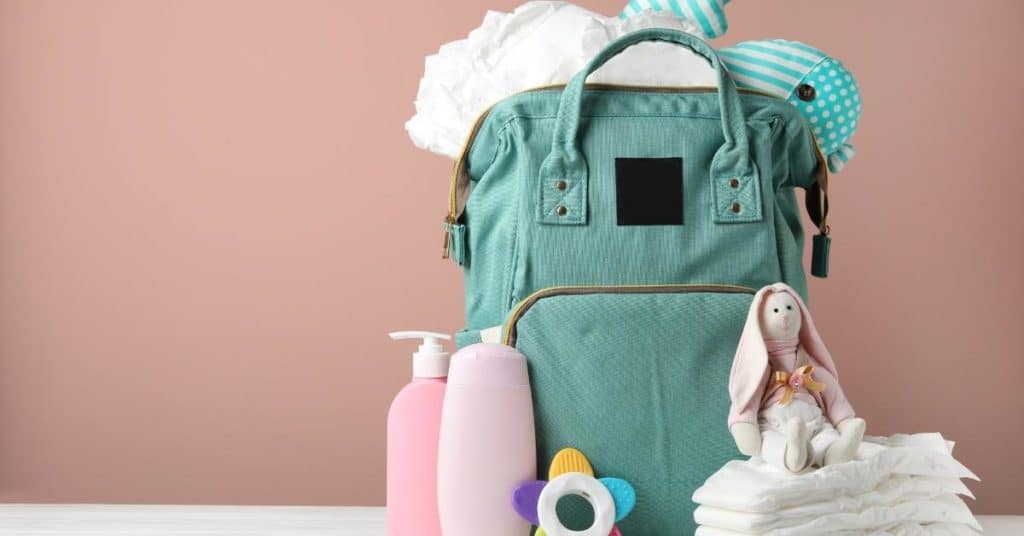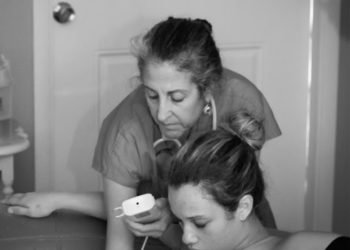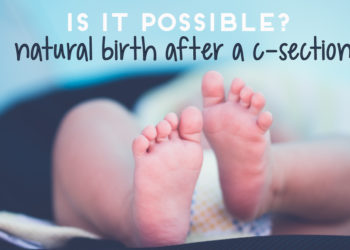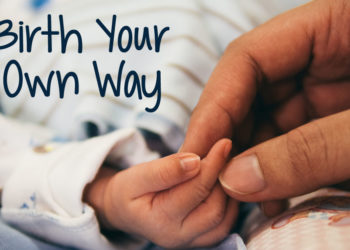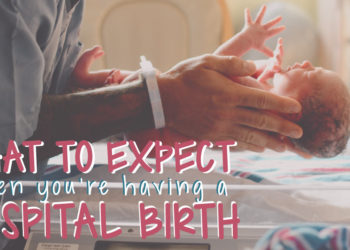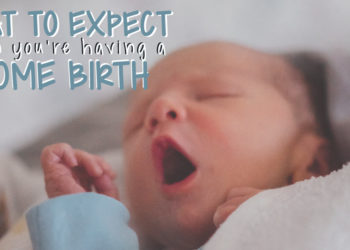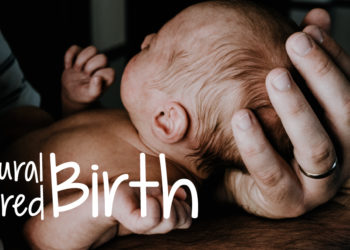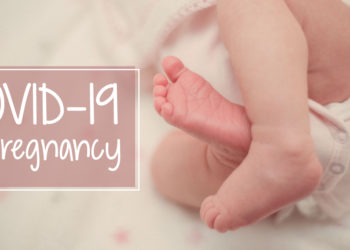Getting Ready For the Big Day: Ultimate Hospital Bag Checklist For Baby & Mom
Congratulations! The most precious moment of your life is here – your little bundle of joy is arriving. Do not let being unprepared mar the happiness of bringing your little one home.
Giving birth isn’t a vacation or a picnic, but you can still pack essential baby bag items that will bring you comfort and security on this big day. You will be away from home for at least 2 to 4 days on average. Here is what we recommend you bring!
Hospital Baby Bag Essentials For the Mom-to-Be
So, your due date is approaching. But only an insignificant number of babies are born on the due date. In most cases, the little one may come at least a week before or after the date you are expecting. Hence, you should keep your hospital bag ready at least 2 weeks before, preparing yourself for the unexpected.
While you will get the bare essentials from the hospital itself, make sure you pack the following to make yourself feel at ease.
- Your prescriptions and medications: If you take common prescription drugs regularly, it is recommended that you carry the prescriptions along with the medications to the hospital. The prescription can come in handy at any time, especially if the healthcare providers need to know what medicines you are taking or if you are allergic to anything.
- Your ID: It is better to carry your ID, insurance card, or other documents like the hospital file if you may need them.
- Lightweight and comfortable dressing gown: Though you will get a hospital gown during your stay, it is better to carry a dressing gown of your own. But it should be comfortable. Nurse-friendly nightgowns or pajama sets are also good options.
- Non-skid slippers and socks: In addition to dressing gowns, also carry non-skid socks which will keep your feet warm and cozy. These socks also ensure greater safety. Also, pack a pair of slippers in which you will feel comfortable walking around.
- Clothing and accessories for breastfeeding: You are most likely to breastfeed your baby once it’s born. And it isn’t easy, especially if you are breastfeeding for the first time. Even if you are not, you must carry some essentials to make you feel more comfortable. These include nursing tops, maternity bras, nursing pads to keep the breasts dry and soft, nursing pillows, or other breastfeeding accessories.
- Postpartum care products: If you do not want yourself to be hooked up with mesh underwear or pads, carry a few things that will keep you comfortable. Many would-be moms prefer carrying adult diapers, reusable absorbent underwear, and other things that are ideal for these postpartum days.
- Toiletries: These are must-haves when packing the hospital bag for mums-to-be. Do not forget to carry your regular toothbrush & toothpaste, hairbrush, dry shampoo, face wipes, hair ties, and lip balm.
- Mobile phone charging cord or a power bank: During your stay in the hospital, you are not likely to give up on your mobile phone. But make sure you do not forget to carry your mobile phone charger or a fully charged power bank.
- Things to relax: Giving birth to a child can be a nerve-wracking experience at times. And so is the thought of breastfeeding or taking care of the newborn. Relax during your stay in the hospital, carry a few items like a book or magazine, a music player, a tablet to watch a series or movie, etc.
Hospital Baby Bag Essentials For the Baby
As you welcome the newborn into this world, here are some items you should carry in your hospital bag:
- Comfy apparel for the newborn: Hospitals can have their policies regarding how to dress up your newborn. So, consult the doctor in advance to know what type of newborn clothing you should carry. Typically, you do not require dressing up your baby when staying in the hospital. However, you can carry a pair of soft and comfortable bodysuits when the baby is going home.
- A pack of newborn diapers: Another must-have in your hospital baby bag is a pack of diapers, around 20 to 30 or even more. Make sure you buy the ones made particularly for newborn babies – ones that are soft and comfortable.
- Blanket: Even if it is not winter, it is ideal to carry with you a soft and comfortable blanket that will keep the newborn cozy.
- Booties & mittens: It is always better to keep the newborn feeling cozy and warm. So, it is a good idea to carry some extra layers and accessories in addition to what the hospital provides. Thus, a pair of booties and mittens are a must in your hospital baby bag. A mitten also prevents the newborn from scratching its face.
- Baby bibs: Even if you are breastfeeding, you might need bibs if your baby throws out milk while burping.
- Cloth nappies: Many mothers do not want their newborn babies to wear diapers because they can be uncomfortable. In such cases, it is ideal to carry a few cloth nappies. Make sure the nappies are 100% clean, hygienic, and soft to the baby’s skin.
- Bed protector mats: If your newborn isn’t wearing a diaper, you will likely need to change the nappy frequently. To prevent the bed from getting wet or soiled, pack a set of bed protector mats with you.
Relax on the Delivery Day
After packing your bag, it is also important to ensure that your home is ready to welcome the newborn. Installing a car seat is mandatory before you could drive back home with the baby.
Additionally, you must keep a few things handy at home, including newborn apparel, lots of cloth nappies and diapers, formula & bottles, rash cream, newborn baby wipes, and much more. If you are planning to sleep your newborn separately, it is important to buy a cradle or baby cot.
Do not wait until the last minute to pack your bag. Keep it prepared well in advance so that you do not need to panic in time for labor. If you are looking for a Midwife to deliver your baby, Midwife360 is a Holistic Obstetrician-Gynecologist (OBGYN) in West Palm Beach! Our mission is to awaken, nurture, and support freedom, grace, and integrity for family planning, childbirth and women’s care.


